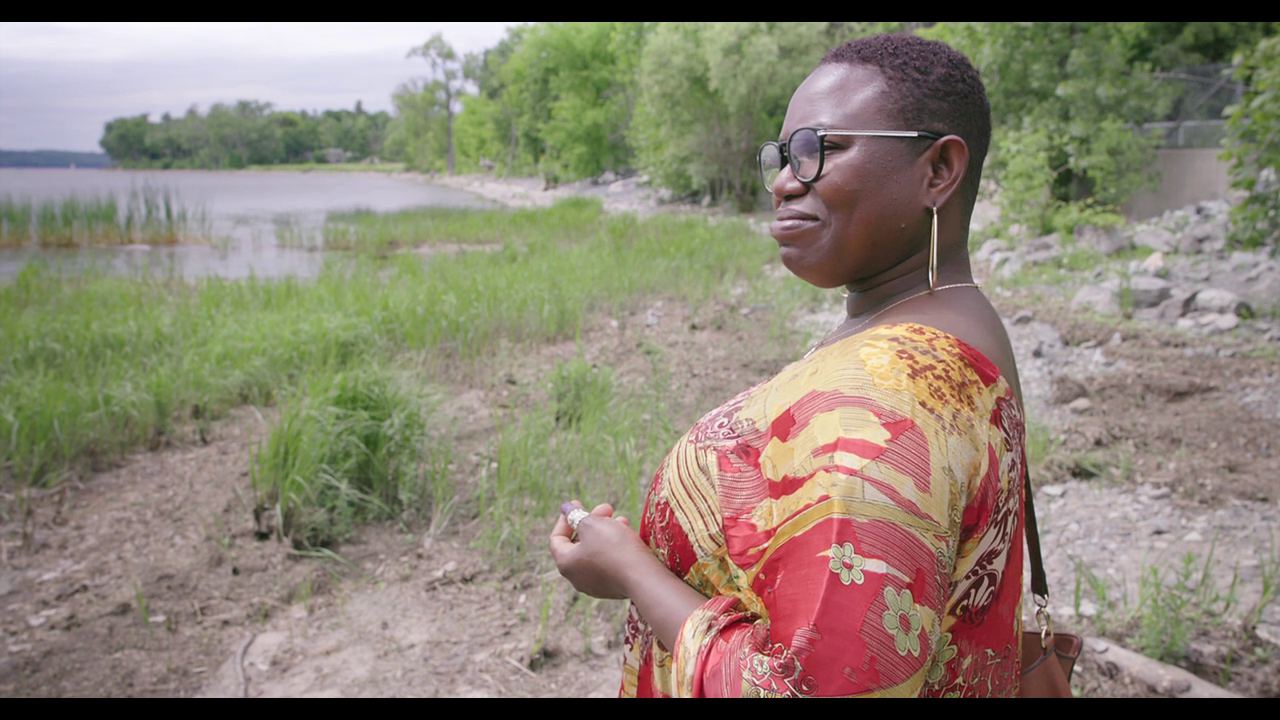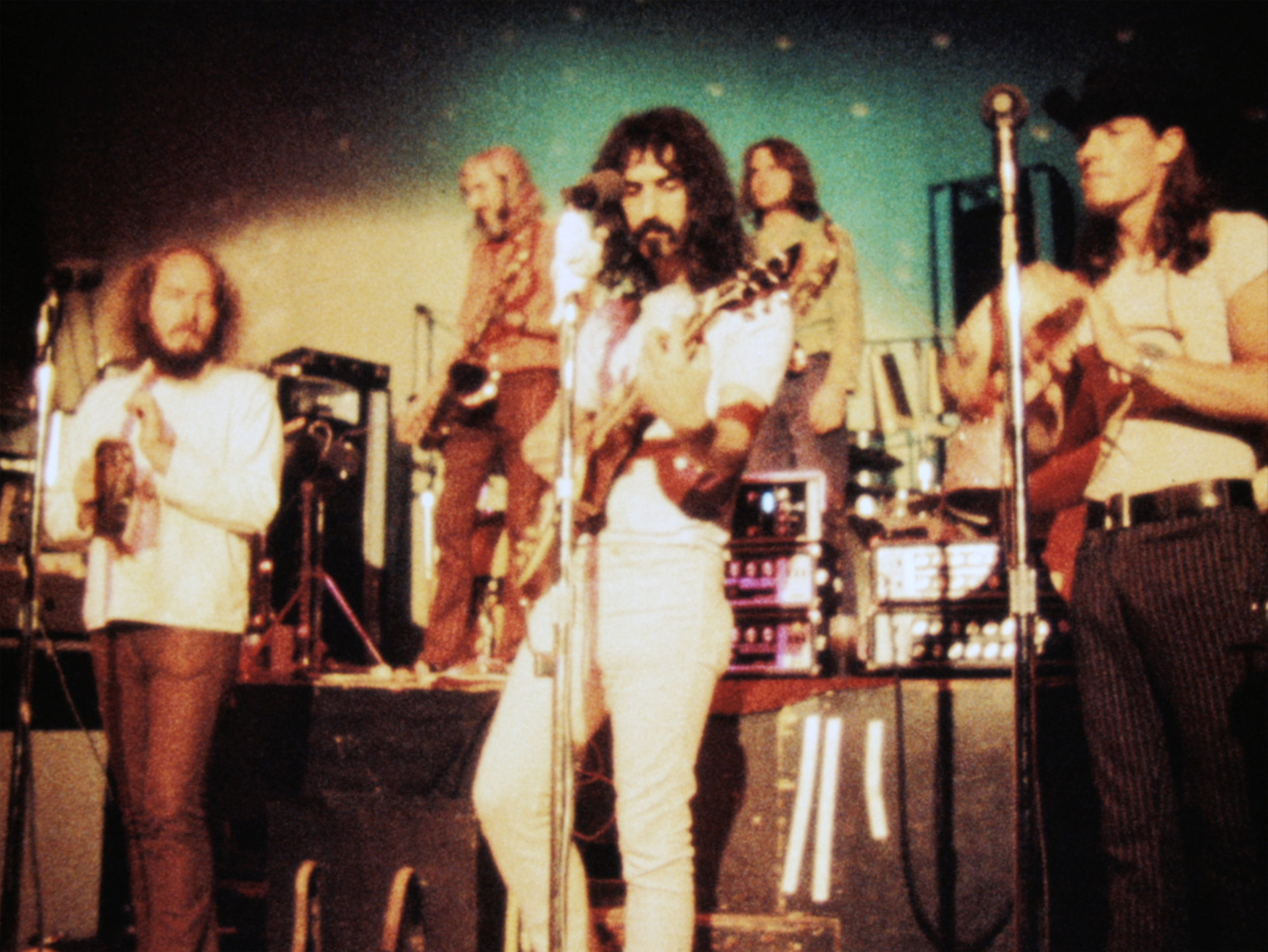Into the Light
(Canada, 79 min.)
Dir. Gentille M. Assih
Christiane, Aïssata, and Chouchou bravely step out of the darkness and into the light. They share their journeys of escape from domestic violence in this new NFB documentary from director Gentille M. Assih. The three women are all immigrants from Africa living in Montreal. They’re also survivors of violence. Fuelled largely by Christiane’s story, Into the Light explores the role that immigration plays in deepening the scars of domestic abuse. The three women share their stories in heartfelt and tearful conversations as Assih creates comfortable spaces for them to confront their pain. In doing so, Into the Light brings discussions about domestic violence in Canada’s immigrant communities into the open and refreshingly destigmatises the act of speaking out.
The action of finding one’s voice as a survivor frames the conversation of Into the Light. It begins with Christiane in an interview with Assih. “I didn’t know how to ask for help back then,” replies Christiane when Assih asks her why she didn’t inform her about a violent night. “But I learned how to ask for help,” she continues. “When it happened, I didn’t know that I was a battered woman.”
As Assih confidently but respectfully presses her questions to Christiane, the interviewee opens up. She reveals the mental process of recognizing one’s victim status in order to gain agency and defy the victim role. This cathartic interview procedure is admittedly familiar in the wave of confessional documentaries sharing stories of abuse post-#MeToo, yet the immigration angle adds a perspective ignored from a large range of works. If the doc’s process is overly familiar, though, any sense of déjà-vu speaks to the need to keep the stories coming. Into the Light serves as an educational tool for survivors of domestic violence to find communities through safe spaces, whether a community support group or a documentary live-streamed on the web, which tell them they’re not alone in their struggles. Christiane’s story, as well as those shared by the other women in the film, situate the violence they endured within their experiences as immigrants in new lands where they’re both empowered and isolated by the act of speaking out.
Christiane, who grew up in the Ivory Coast and moved to Canada as an adult, explains to Assih how leaving her husband could be perceived as a shameful act in her family’s eyes. Assih navigates the variances in cultural values respectfully and uses the survivor’s stories to tell other women that extricating oneself from a harmful situation is ultimately a sign of strength. Christiane shares her story publicly, too, by speaking up at a conference and by relating it to a close friend of her husband, who knew only one side of the story and was ignorant to the violence she endured. She also returns home, finding closure and comfort in her loving family and not a hint of the shame that prolonged her suffering.
Assih unfolds the stories in Into the Light by contrasting spaces both public and private. Some interviews occur in homes, others are in offices or banquet halls. Some scenes favour intimate one-on-one confessionals while others invite the women to find their voices in communal gatherings with family, friends, and even strangers.The act illustrates the process of speaking out and ultimately amplifying one’s voice to help break the cycle of suffering silently. Regardless of one’s background, language, or life experience, Assih’s film invites survivors to speak and asks others to listen.
Into the Light is now available to stream from the NFB. The NFB will also host discussion panels on Dec. 1 and 3.











